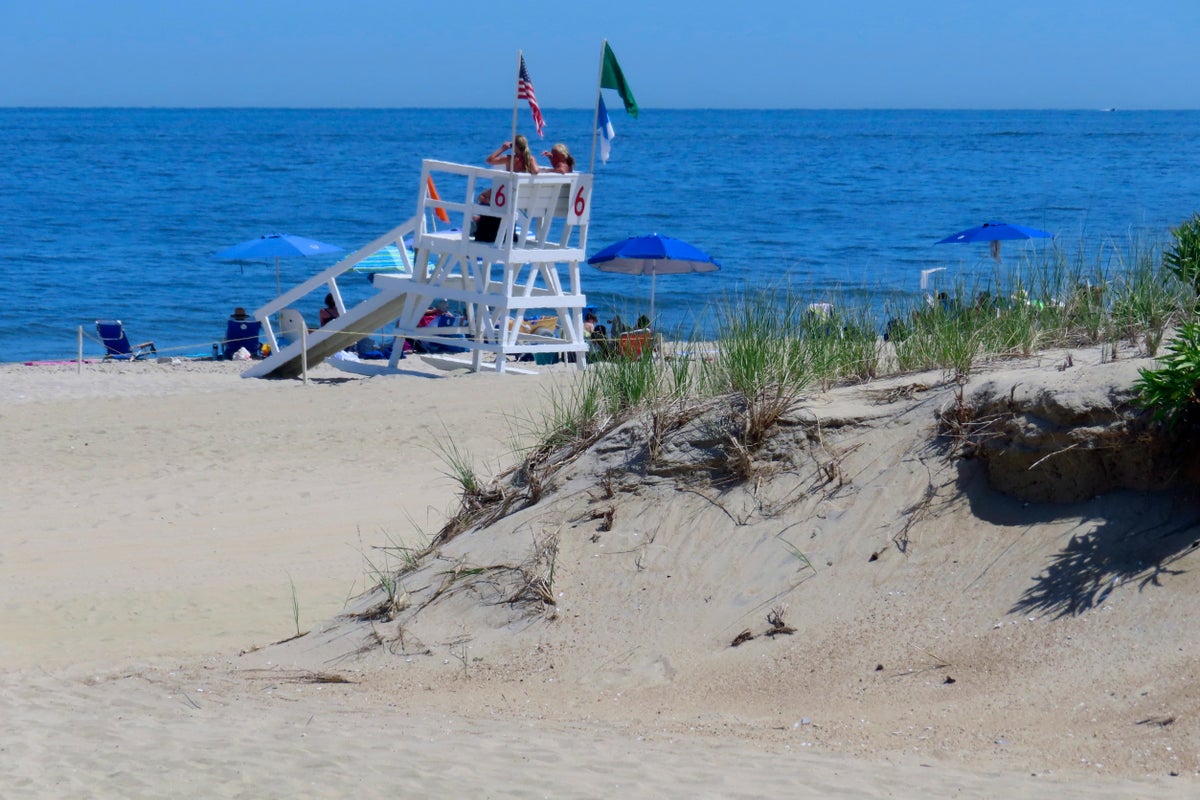By Gavin Blackburn with AP
Published on 25/06/2025 - 17:41 GMT+2
ADVERTISEMENT
Israel's Atomic Energy Commission (IAEC) has said that US and Israeli strikes on Iran on Sunday have rendered the Fordow underground enrichment site "inoperable."
In a handout, the IAEC claimed the "devastating" strikes "destroyed the site's critical infrastructure."
"We assess that the American strikes on Iran's nuclear facilities, combined with Israeli strikes on other elements of Iran's military nuclear program, has set back Iran's ability to develop nuclear weapons by many years," the statement said.
The statement was initially shared by the White House and then later released on X by Israeli Prime Minister Benjamin Netanyahu.
The Israeli assessment contradicts a leaked intelligence report from the US, which suggests that Iran’s nuclear programme has only been set back by a few months and was not "completely and fully obliterated" as US President Donald Trump claimed.
The report issued by the Defence Intelligence Agency (DIA) on Monday is at odds with statements from Trump and Netanyahu about the status of Iran's nuclear facilities.
The US report found that while the Sunday strikes at the Fordow, Natanz and Isfahan nuclear sites did cause significant damage, the facilities were not totally destroyed.
Washington has held out hope of restarting negotiations with Tehran to convince it to give up its nuclear programme entirely, but some experts fear that the US strikes could push Iran towards developing a functioning nuclear weapon.
The intelligence assessment also suggests that at least some of Iran’s highly enriched uranium, necessary for creating a nuclear weapon, was moved from multiple sites before the US strikes.
The centrifuges, required to further enrich uranium to weapons-grade levels, are largely intact, it added.
At Fordow, which is buried deep under a mountain north of the city of Qom, the US stealth bombers dropped several 14,000-kilogram bunker-buster bombs, collapsing the entrance and damaging infrastructure.
But the facility itself was not destroyed, the intelligence assessment found.
The White House rejected the DIA assessment, calling it "flat-out wrong," and Trump defended his characterisation of the strike's impact.
"It was obliteration and you'll see that," Trump told reporters while attending the NATO summit in the Netherlands.
He said the intelligence was "very inconclusive" and described media outlets as "scum" for reporting on it.
US Defence Secretary Pete Hegseth, who is also at the NATO summit, said there would be an investigation into how the intelligence assessment leaked and dismissed it as "preliminary" and "low confidence."
US Secretary of State Marco Rubio said, "these leakers are professional stabbers."

 4 hours ago
2
4 hours ago
2








